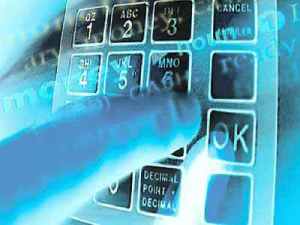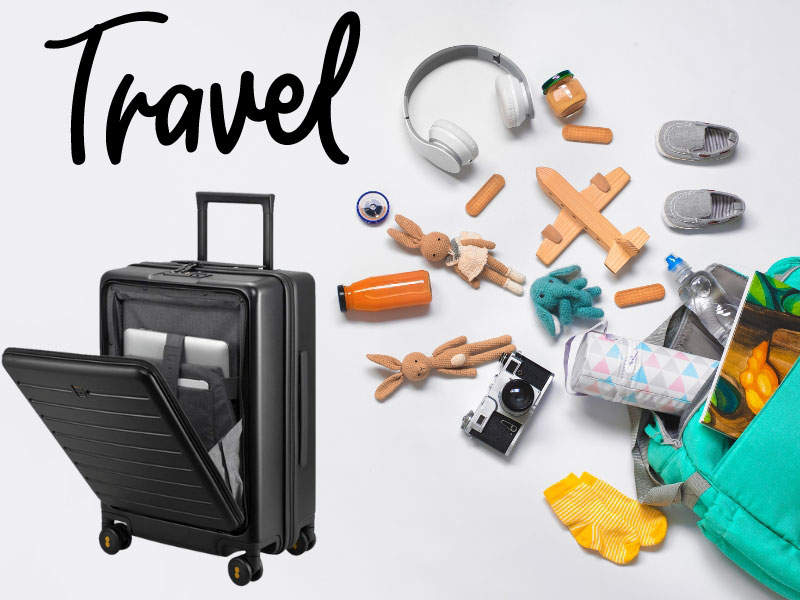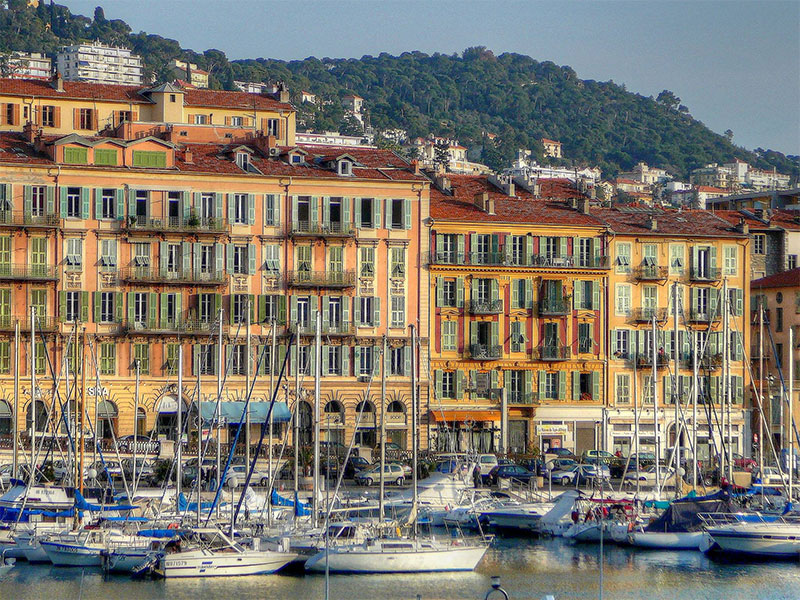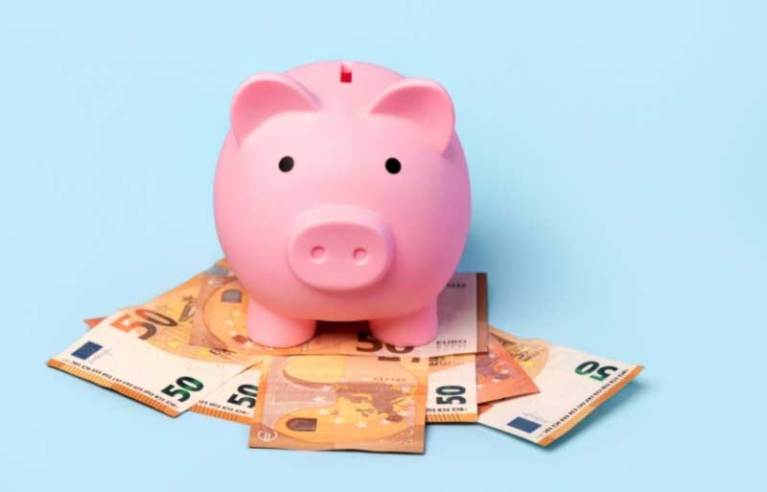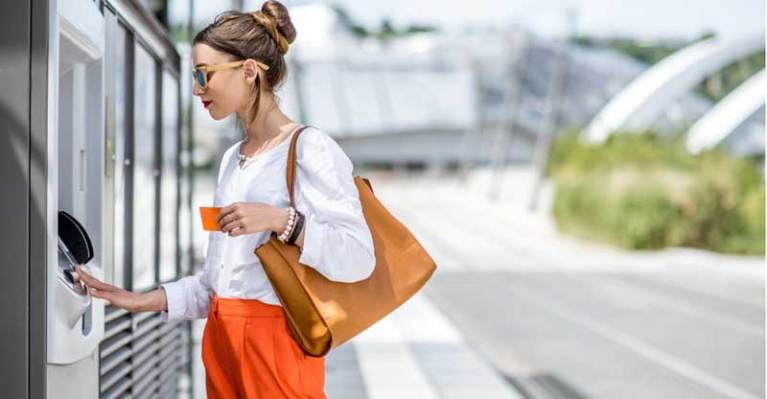We have all the answers you need to the most frequently asked questions about French banks and banking in France:
Can I open a bank account in France if I don’t live there?
If you own a holiday home in France but don’t live there or are intending to spend a long time in France you can open a bank account with a French bank without being a resident of France.
Your country of residence will however determine your eligibility to open an account without being resident; there are restrictions on non EU member states.
Many banks in France offer an online bank account opening service though you may have to send some paperwork by recorded delivery to complete the process.
You will need to ask to open a non-resident account – compte non-résident
How to open a French bank account.
I have a holiday home in France do I need a French bank account to pay my bills?
Technically no – practically yes!
Although you can own a property in France without having a bank account, life will be much easier for you with one and certainly if you have a French mortgage you must have a French bank account. Bills can be paid in cash in person but it isn’t very practical and if you want to set up a phone line for instance, you won’t be able to without a French bank account.
Can I use travellers cheques used in France?
You can – and some Travellers Cheques (eg American Express) are very popular as generally they are safer than carrying large amounts of cash. Some shops and restaurants will accept Travellers Cheques as cash (once you have signed them of course) but this is rare these days. On the whole you will need to exchange them for local currency at banks, foreign exchange bureaux or designated offices of the issuer. If you are far from a major town or city with bank or exchange facilities you may encounter difficulties in exchanging them.
Can I use my Credit or debit card in France?
Yes is the answer here generally, though we always advise you to check in advance with your bank and to alert them to the fact that you may be using your card overseas. Some banks will reject payments automatically if the transaction details are out of the norm eg it is being used in a foreign country. If you have a card that has a magnetic strip, you may encounter some issues. Bank technology in France works on an electric chip rather than a magnetic strip so you can use it where there is someone to swipe rather than insert your card if you have a magnetic card. If you have a magnetic card and want to make an automated purchase, for instance fuel from a garage after service hours (which can be for most of the day, most of the time) it will be a problem. Our advice is don’t rely totally on a credit card in France, you should have some cash for times when the card doesn’t work – like fuel.
Credit Cards work on chip and pin technology in France so you must have a 4-digit pin number to be able to use your card.
On the plus side, using a credit card may offer you protection against faulty goods where the card issuer accepts liability up to a specified amount. You will need to check what protection your card provider is offering.
Watch out for charges when you use your credit card in France (below).
What does it cost to use my Credit or debit Card in France?
Well, that depends on your bank and the type of credit card you have. One thing you can be sure of is that you are almost certainly going to be charged for using your card. If you use it to retrieve cash from an ATM machine there may be a charge, there may be a commission for foreign exchange and other charges, such as a transaction charge eg, a standard charge every time you use your card overseas.
Charges can rack up in no time if you’re using a credit card frequently in France.
We advise you to check with your bank in advance about the charges for use in France and shop around to see if there is a more suitable card with lesser charges.
You may find it is suitable to go for a pre-paid credit card option. This allows you to load up a card in advance, meaning you could take advantage of good rates when you see them and you will know what the upfront charges are – generally a standard transaction charge only.
